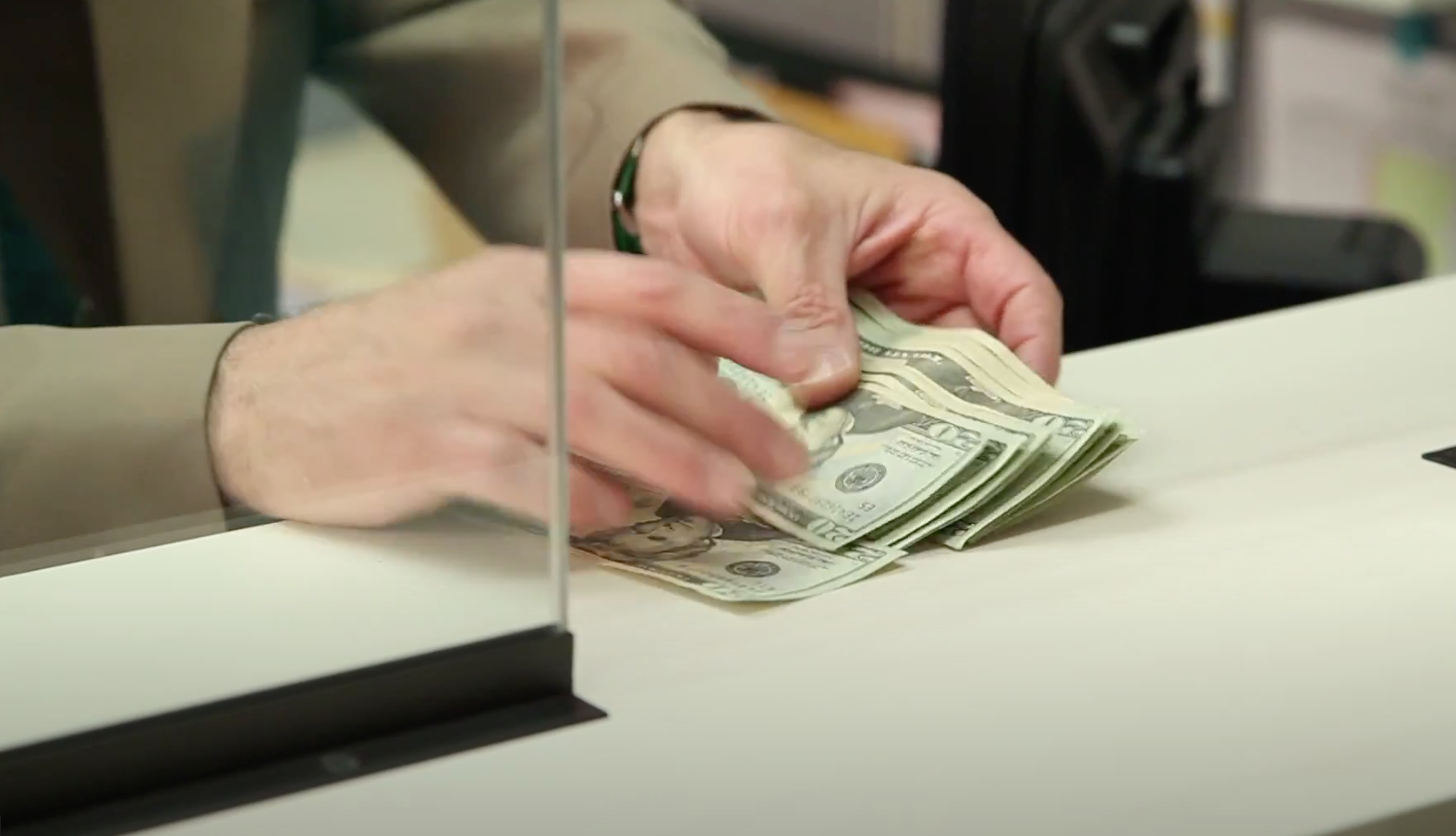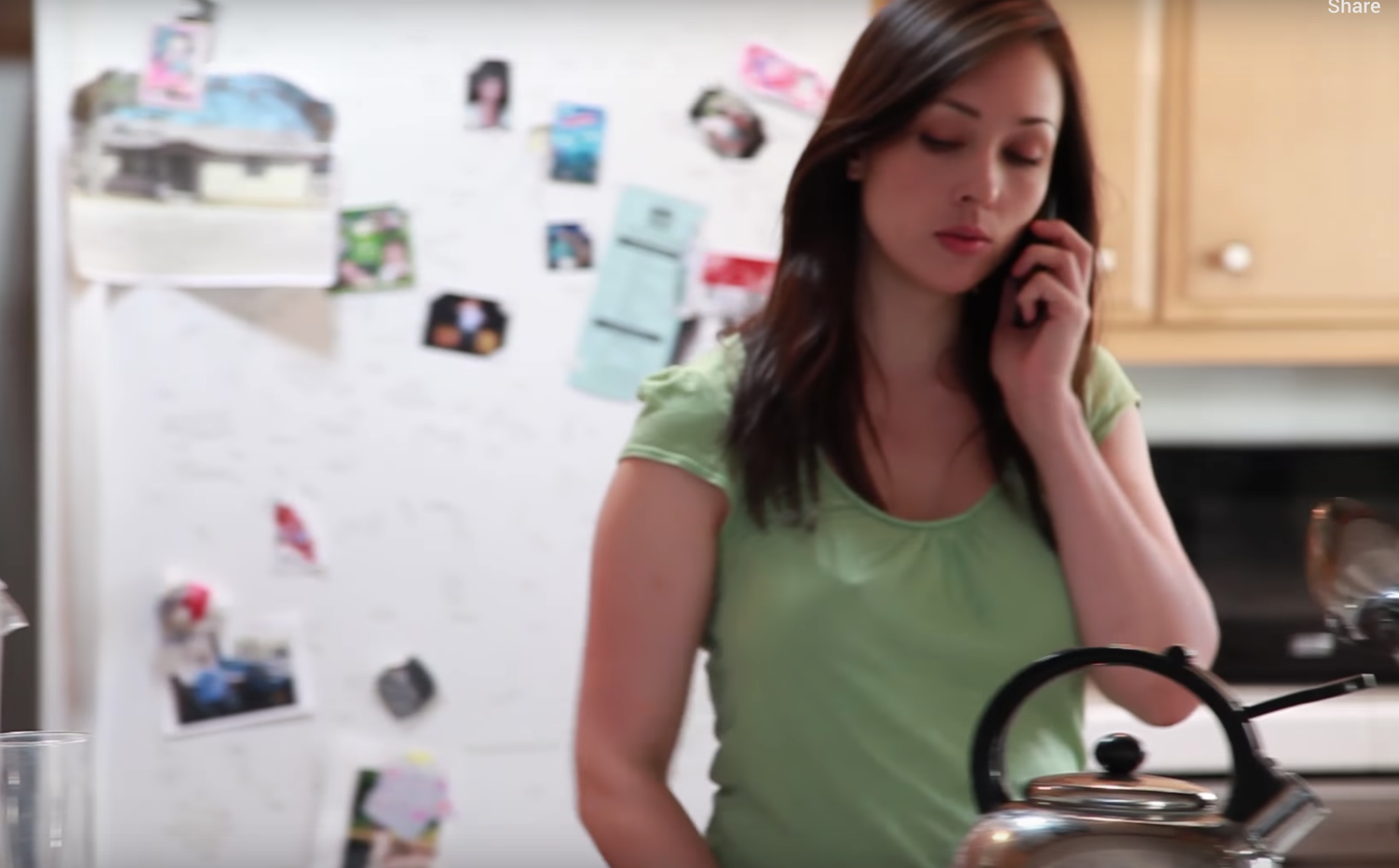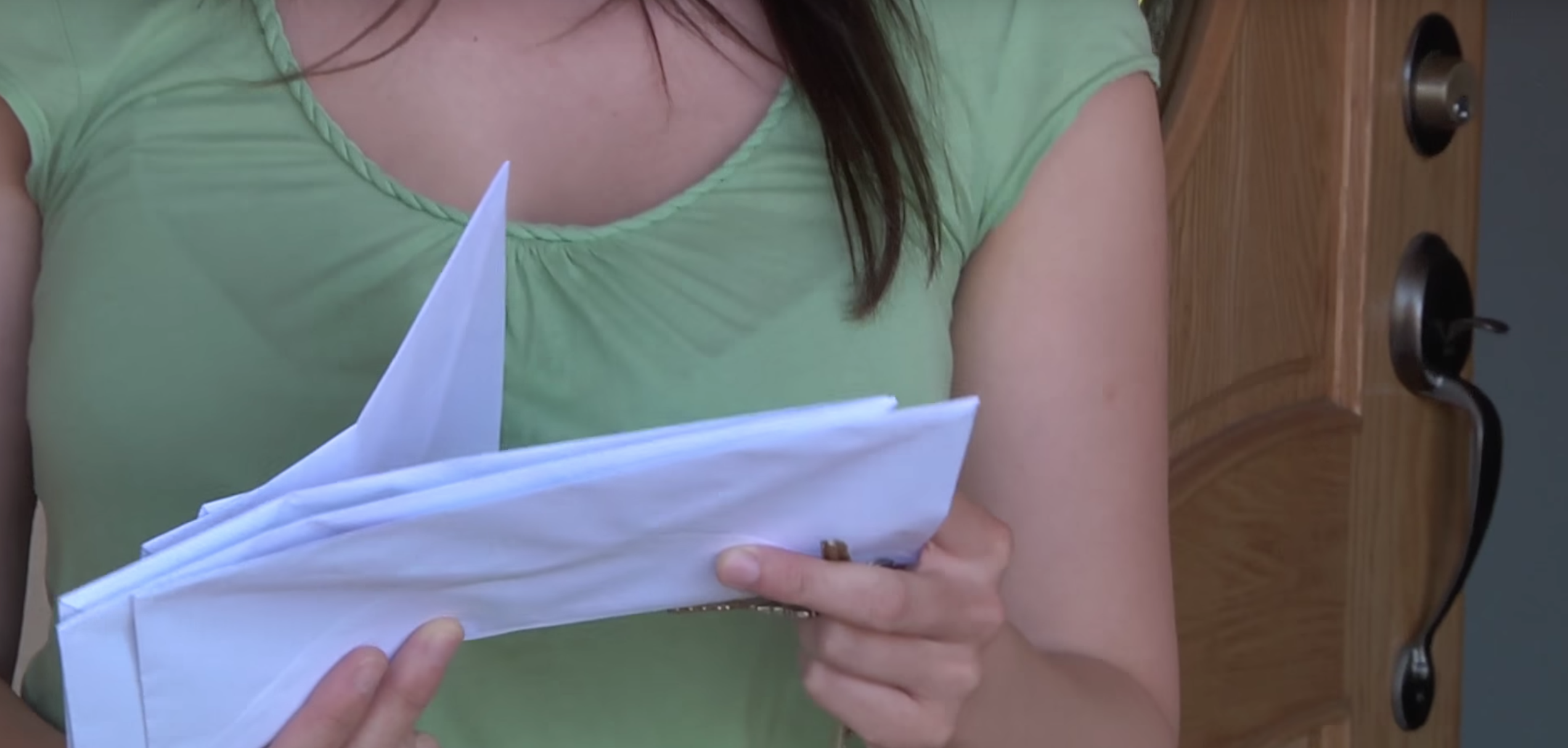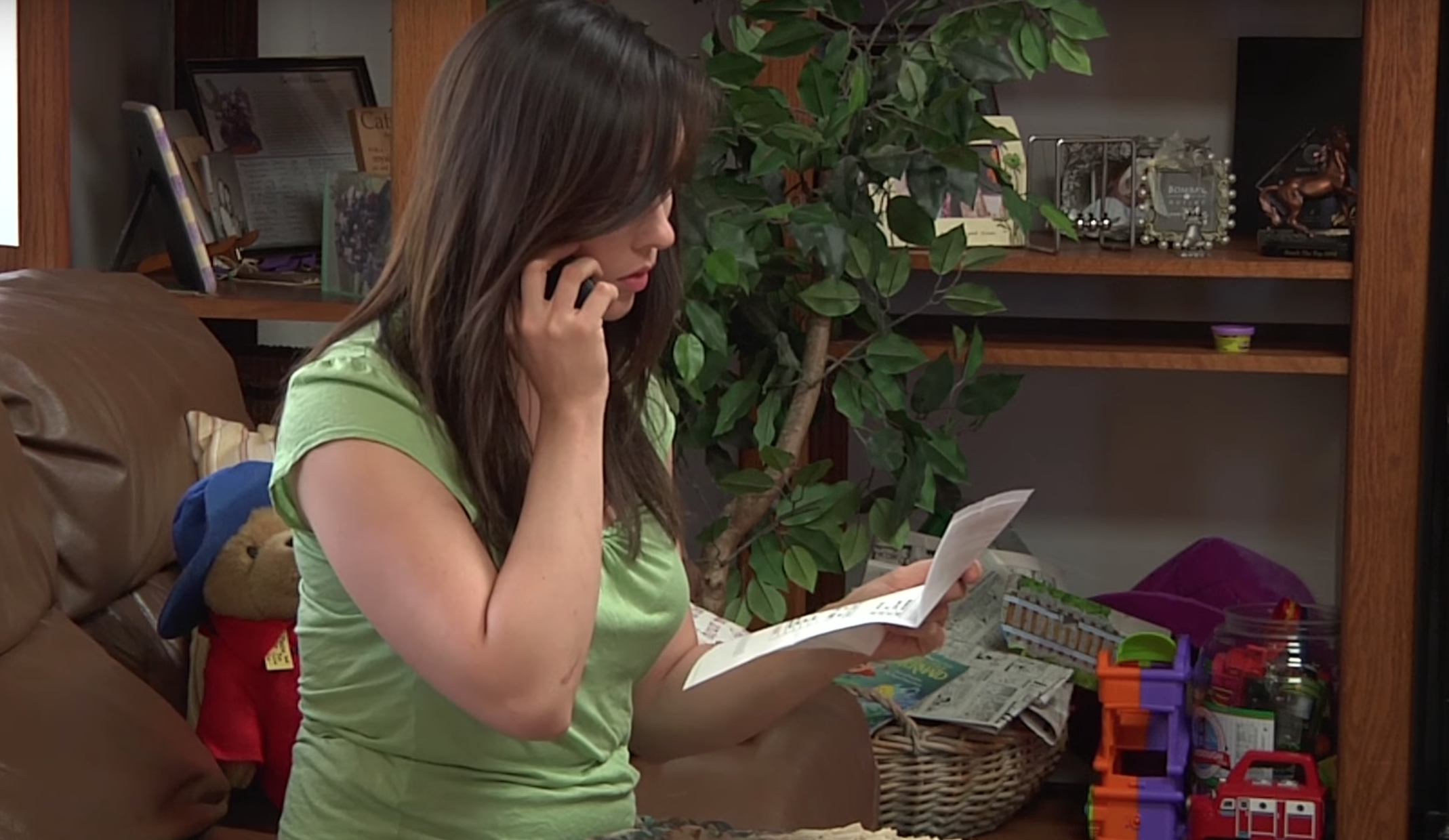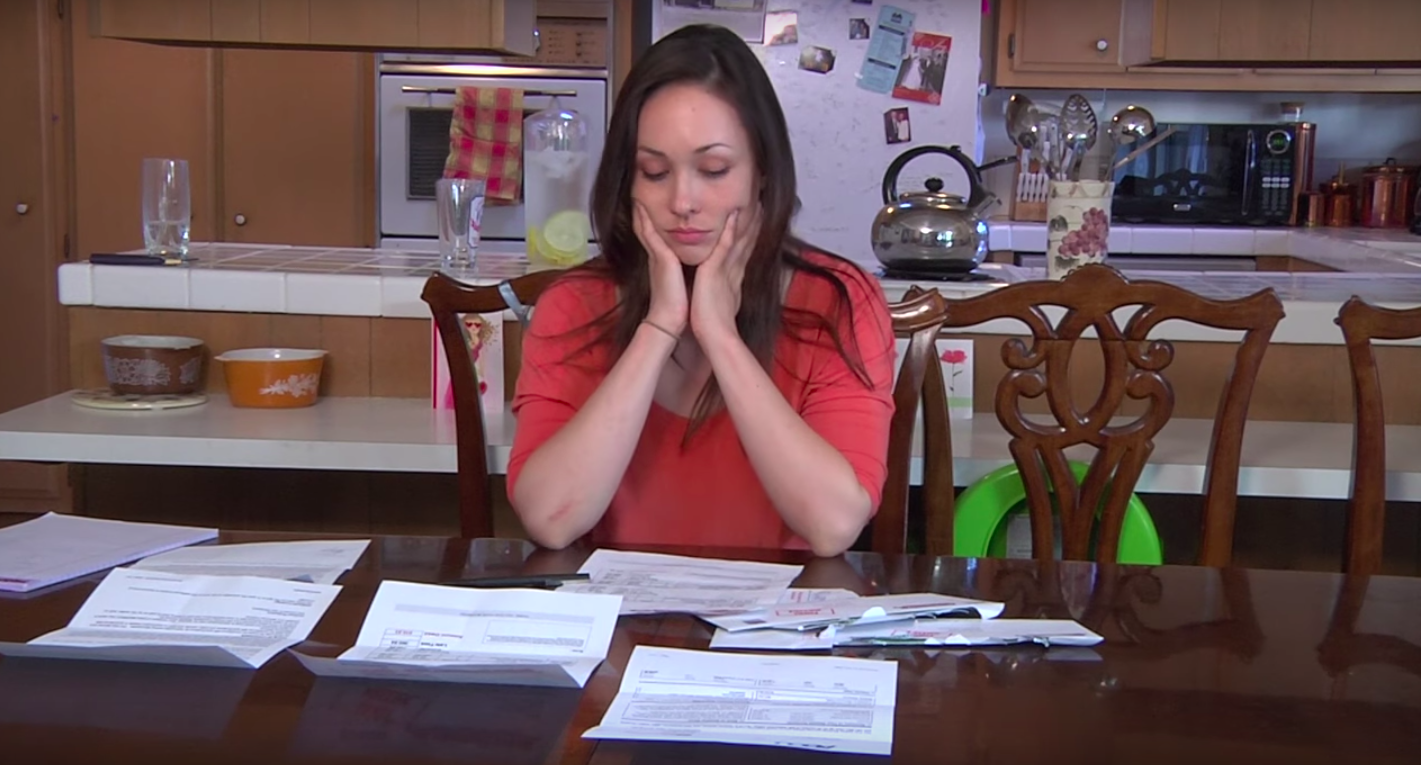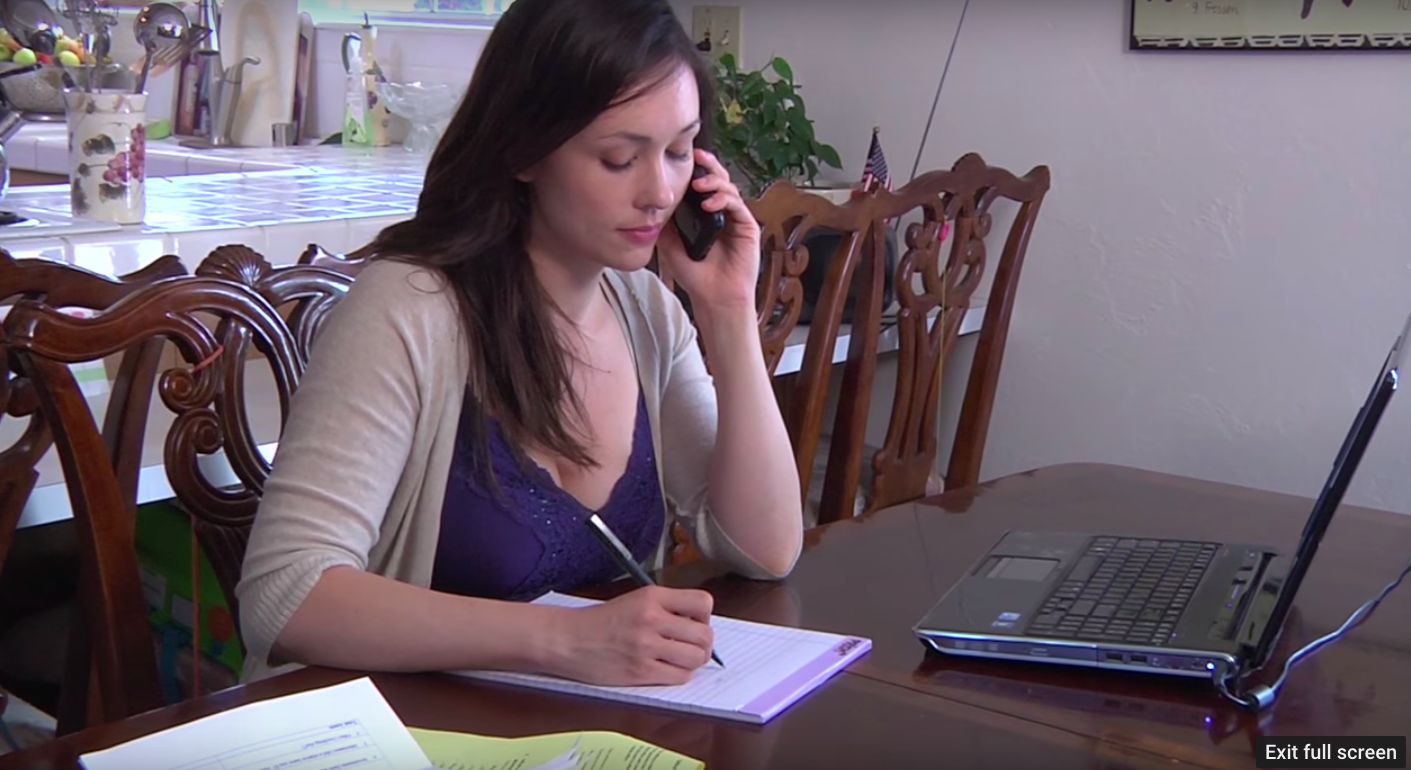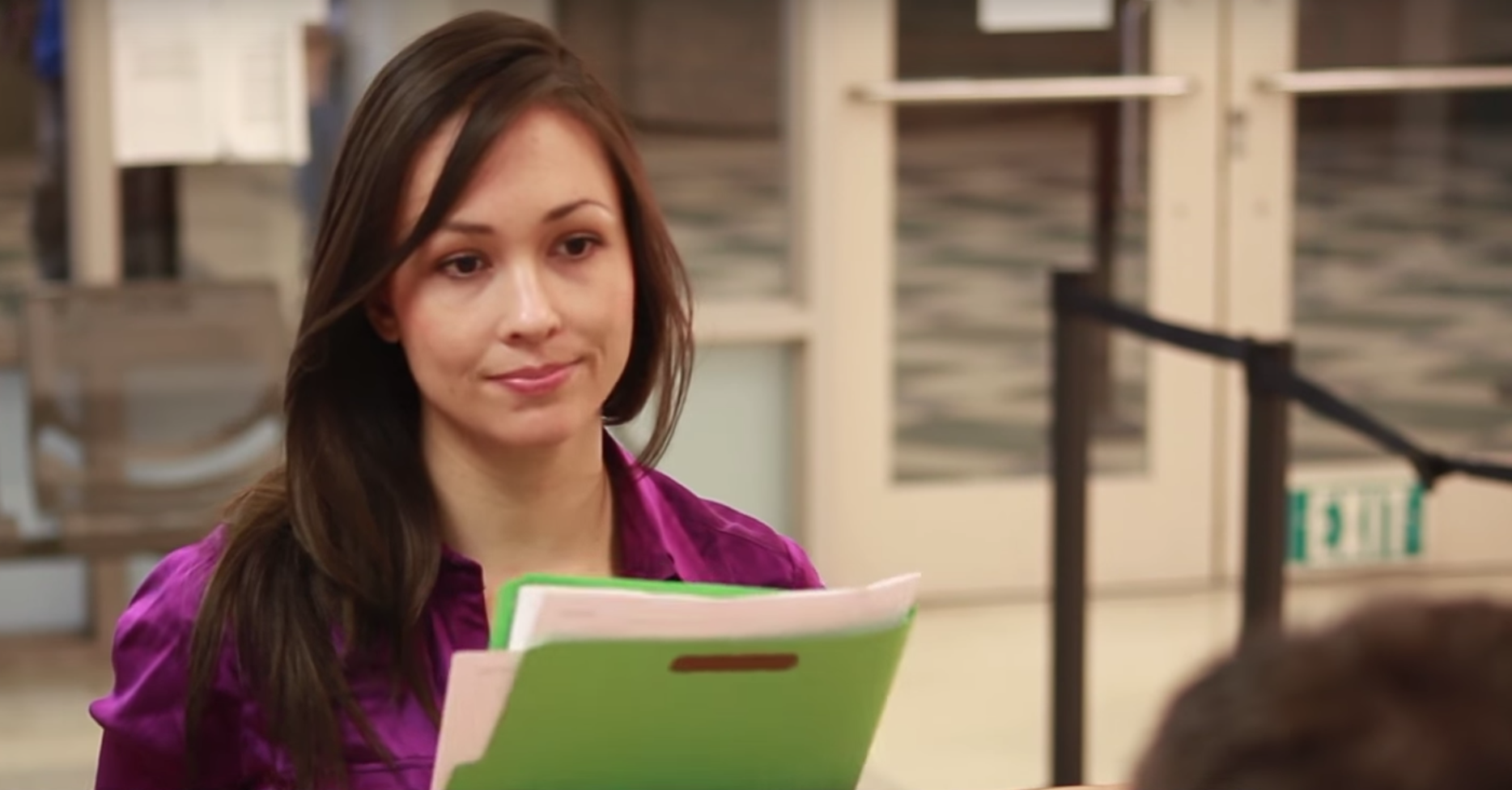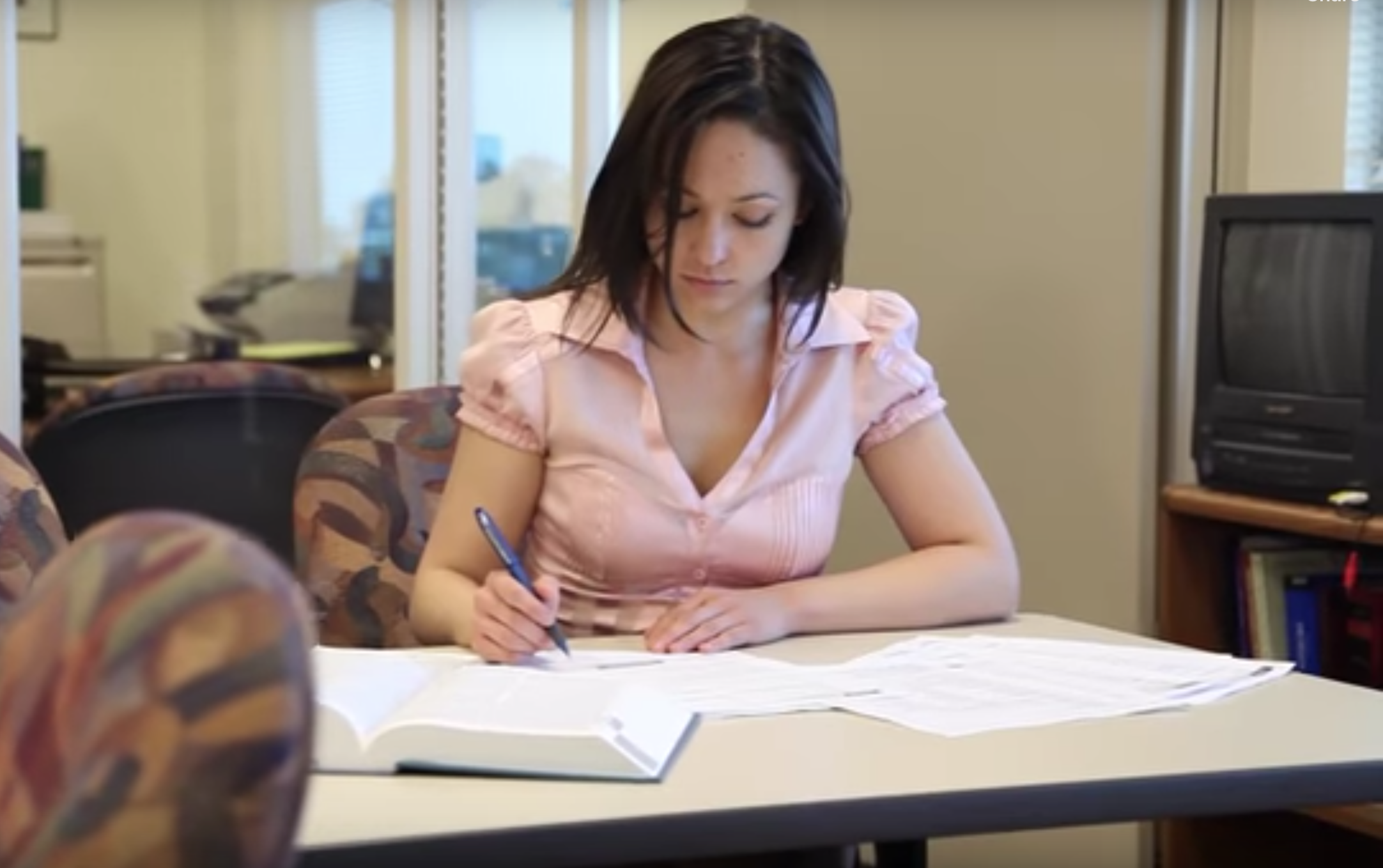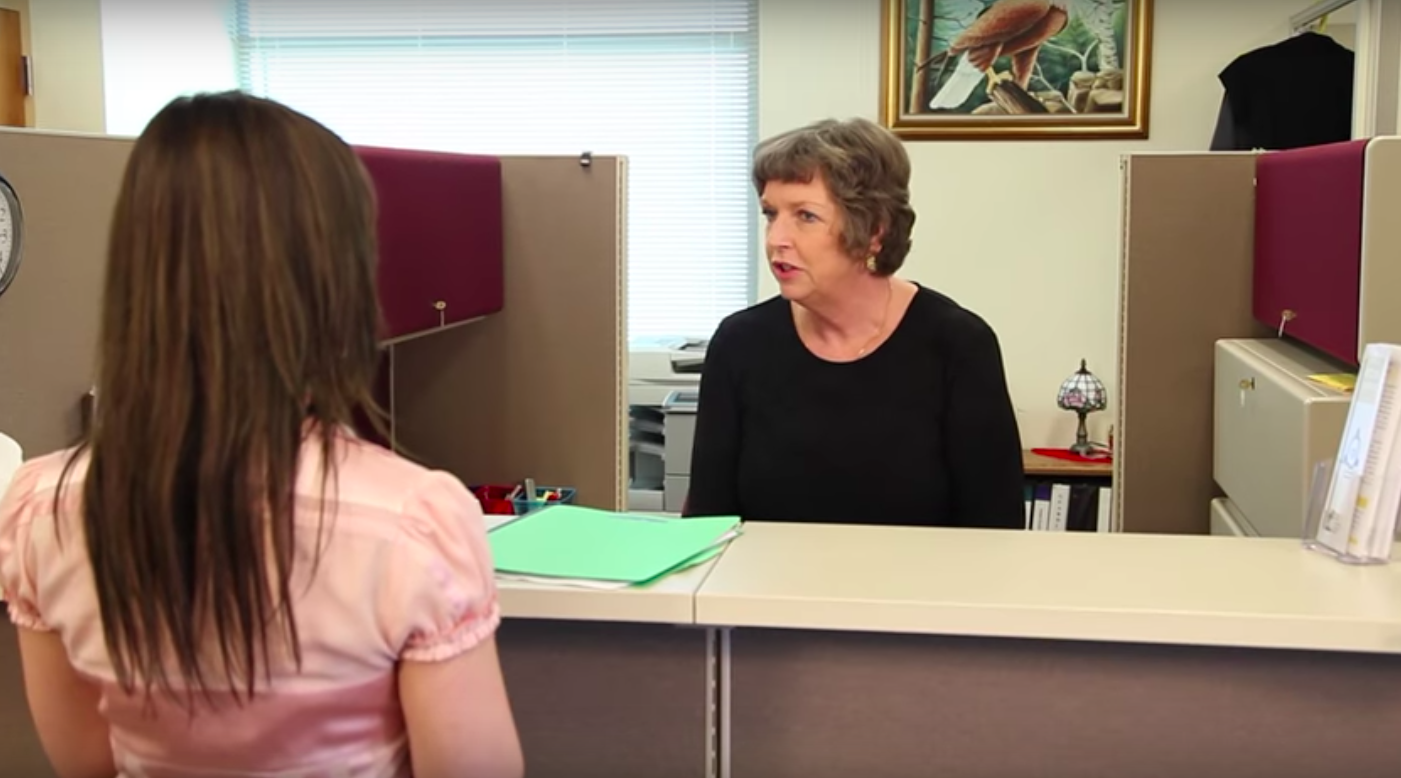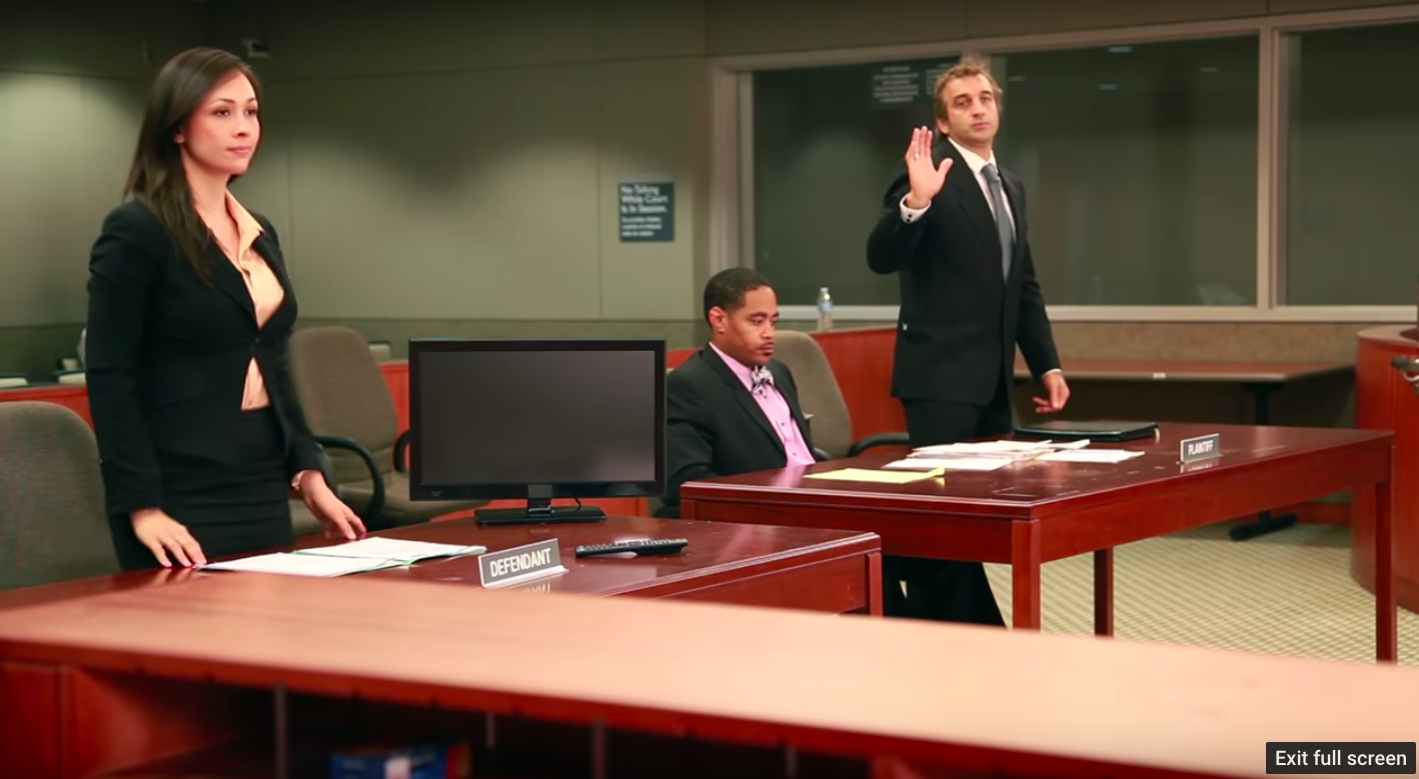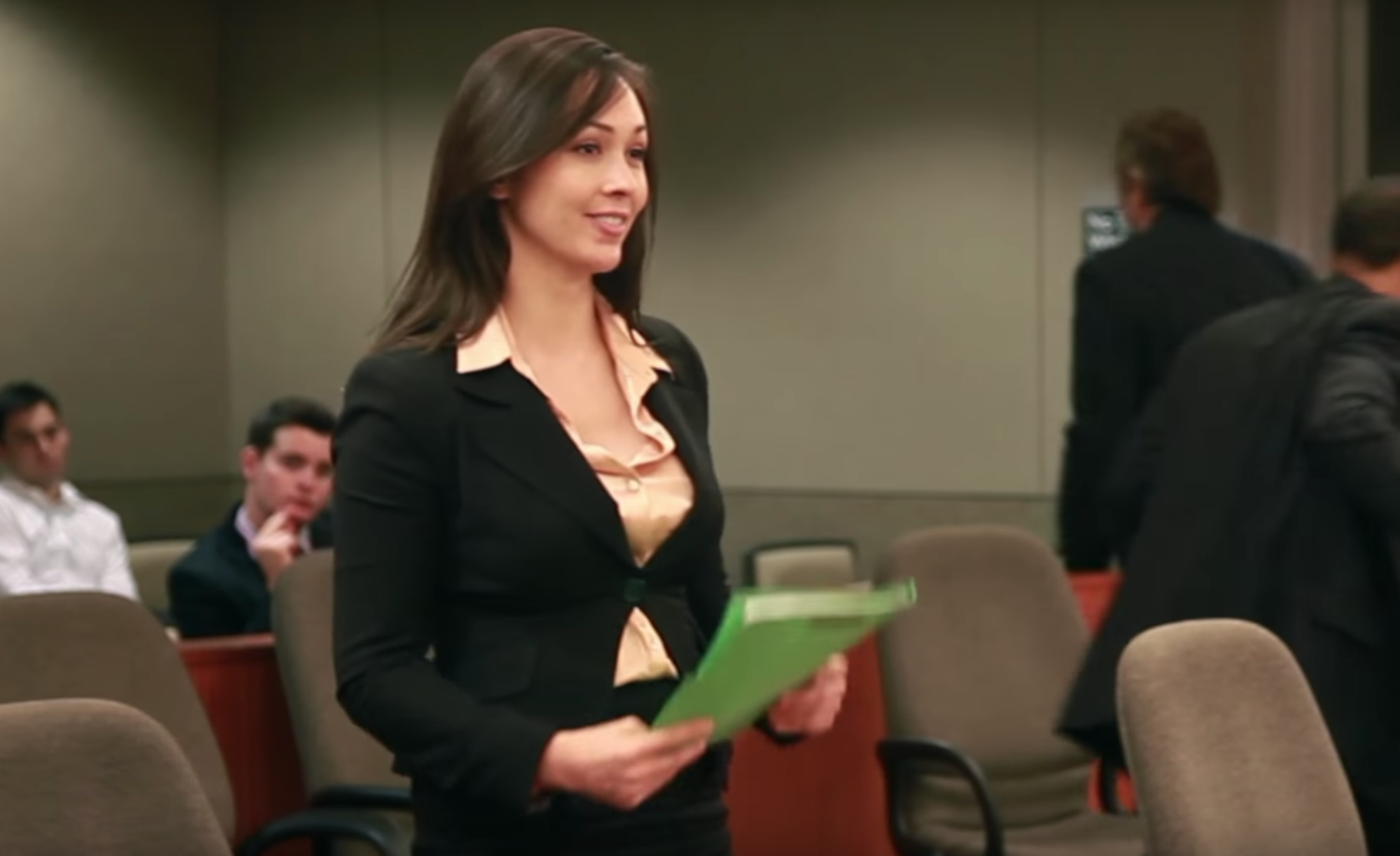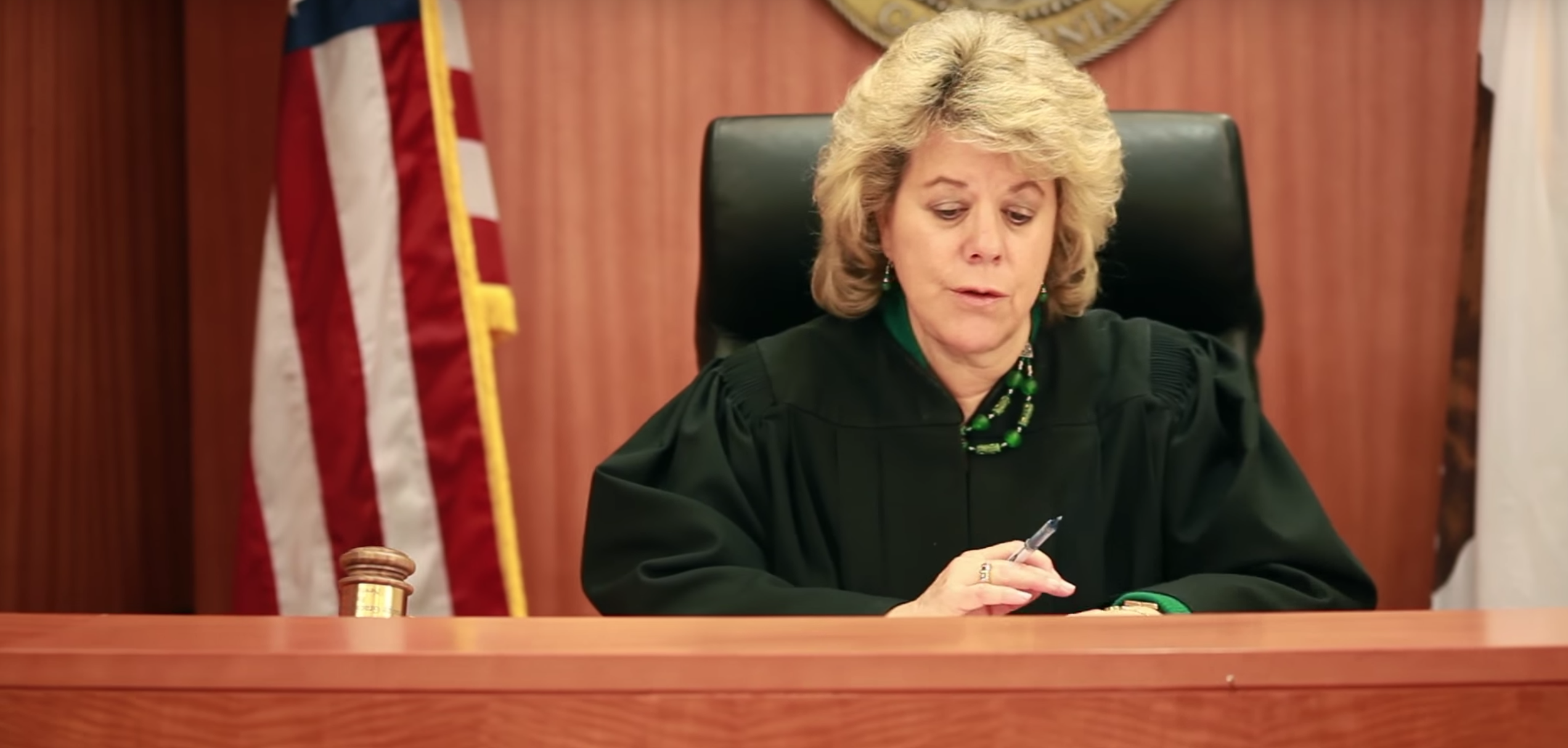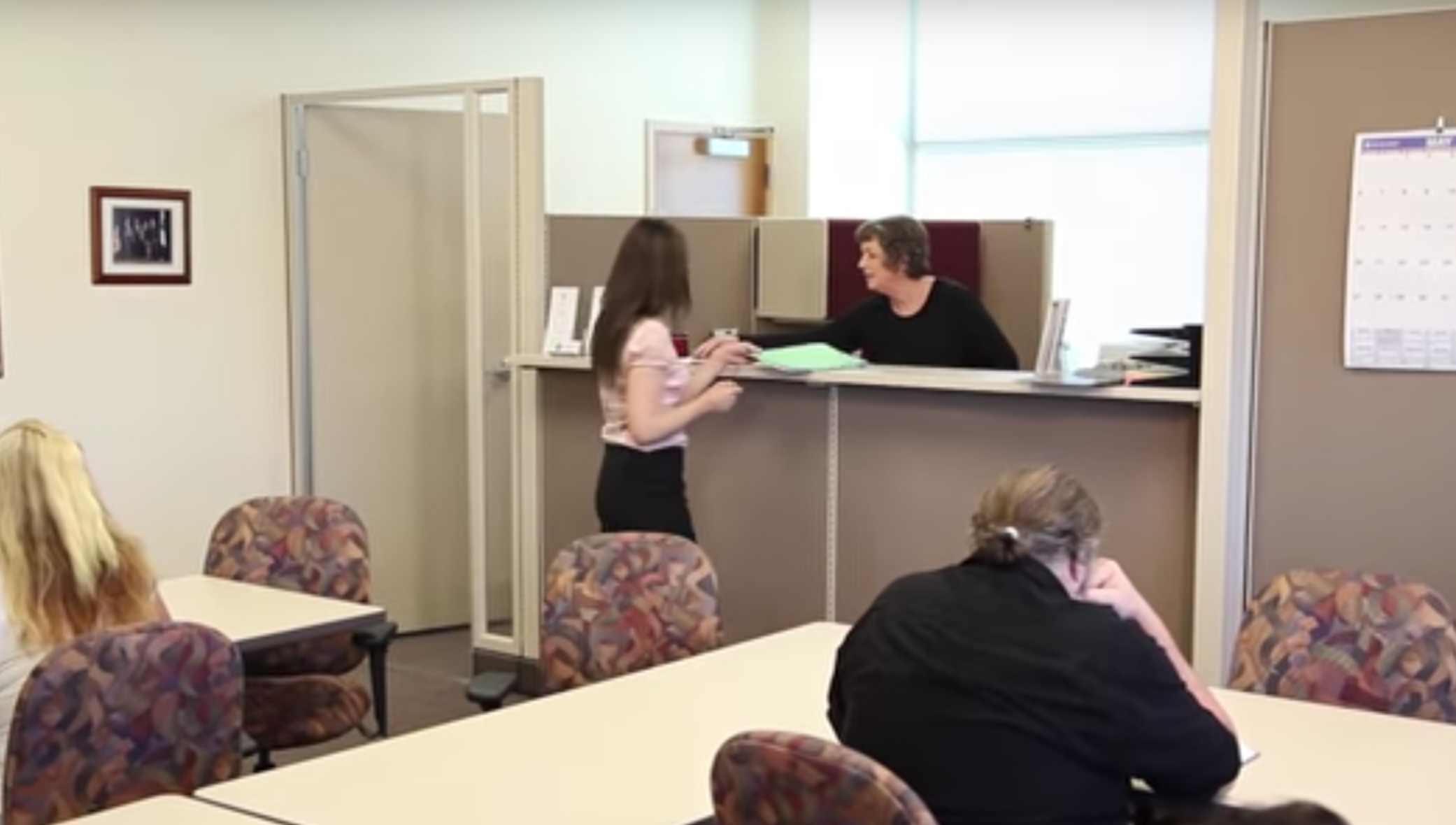
Security Deposit Guide
For renters trying to get their money returned in VirginiaUse this guide to get your security deposit back after you leave a rental home.
When you move into a new rental home, your landlord usually requires you to pay a security deposit. The security deposit is meant to protect the landlord, in case you cause any damage to the property, or if you owe them rent when you move out.
After you move out, you may have trouble getting your Security Deposit back. Use this guide to help you get your money returned.
If You Need More Help
Contact your local Virginia legal aid group by calling 1-866-534-5243.
You can also look up your local legal aid group online.
Lawyers can help you understand your options and next steps for your specific situation. Legal aid lawyers provide free help to people who qualify.
Step-by-Step Guide
Follow the legal process to get your security deposit back in Virginia.
Frequently Asked Questions
Learn about common problems Virginia renters have with security deposits when they are moving in or leaving.
Step-by-step guide to getting your security deposit returned
For renters in Virginia
Video Guide on Security Deposits
For renters in VirginiaWhen should my landlord return my security deposit?
What should I do if my landlord is refusing to return my deposit?
There are a few things you can do when you move in and move out to ensure you receive your security deposit back.
This video explains the things you can do. It also explains what your landlord must do before keeping any of your security deposit.
FAQs on Security Deposits
For renters in VirginiaSecurity Deposit FAQs while You are Moving In
How much can a landlord charge for a security deposit?
In Virginia, a landlord cannot ask for a security deposit that is more than 2 months’ rent.
It can be less than 2 months' rent, but it cannot be more.
How can I make sure I am not charged for damages that I did not cause?
When you move into your home, be sure to make a written list of any damages. Also, make a list when you move out, and take photographs as well.
Ask for an inspection when you move in. Make a written list of any damages that you see within 5 days of moving in.
Sign the list, put the date on it, and give a copy to the landlord. Keep the list.
The landlord is supposed to do this, but sometimes they do not. If the landlord prepares a list, check it carefully and add any damages that you see that are not on the list. Keep a copy of that list.
Before you move out, make a written request to attend a move-out inspection. Be sure to give the landlord a phone number to notify you of the date and time of the inspection. The inspection should be held within 72 hours after you move out. After the inspection, ask for a copy of the landlord’s list of damages.
You may want to take pictures of any damages you see when you move in and of the condition of the rental when you move out. You may also want to have someone else look at the condition of your apartment when you move out so he or she could be a witness if necessary.
Security Deposit FAQs while You are Moving Out
Once I move out of the rental, what does the landlord have to do with my deposit?
Once you move out, the landlord has 45 days to return the deposit, unless there are deductions that the landlord is allowed to take from the deposit.
Within 45 days of your moving out, the landlord must send you a written statement listing any damages or charges that he is deducting from your security deposit. He must also refund the rest of your deposit, after deductions, at that time.
Be sure to give your landlord your new address so he knows where to send your deposit and the list of any deductions from your deposit.
When can the landlord deduct money from my security deposit?
The landlord can deduct money from your deposit for 45 days after you leave the home.
During the 45 days after you move out, the landlord can use all or part of the deposit for damages that you caused to the property, as long as the damages are not “reasonable wear and tear.”
For instance, if you lived somewhere for a long time, the carpet may not look new anymore and the walls may need to be painted. That is reasonable wear and tear and you should not have to pay for the carpet to be replaced or the walls repainted.
Are damages the only thing that the landlord can make deductions for?
The landlord may use the Security Deposit for other costs, as long as they are listed in the lease.
For instance, some leases state that the tenant agrees to pay the cost of carpet cleaning once she moves out. If that part of the lease is proper, the landlord can deduct for that charge.
The landlord can also deduct any unpaid rent or late fees from the deposit.
Is it okay for me not to pay my last month's rent and tell the landlord to use my deposit for the final month's rent?
You can only use your deposit for you last month's rent if the landlord agrees to this.
If you do get them to agree, be sure to get it in writing.
If they do not agree, then you cannot do this.
Does the landlord have to let me know what deductions he has made from my Security Deposit?
The landlord must give you an itemized list of all the costs he is taking from your Security Deposit.
Within 45 days after you move out, the landlord must give you written notice of any deductions that he has made from the deposit. The landlord must list all the deductions that were made from the deposit.
The landlord must keep records for each tenant of all deductions for two years and you should be able to look at your records.
What if the security deposit does not cover all the damages?
The landlord may try to take you to court to get more money from you to cover the damages.
The landlord can sue you for any other property damage and for unpaid rent or late fees which are not covered by the deposit.
What if the landlord does not return all or part of the security deposit that I feel that I am entitled to?
If you don't get your expected security deposit returned, you can take your landlord to court.
You can file a lawsuit, called a Warrant in Debt, in the General District Court where the property is located. A fillable form of the Warrant in Debt is available on the Virginia courts website: http://www.courts.state.va.us/forms/district/dc412.pdf
Get More Help
with your legal situation
Find a Private Lawyer: To connect with a private lawyer, call Virginia Lawyer Referral Service at 1-800-552-7977 or go to their website at https://vlrs.community.lawyer/. Some lawyers charge $35.00 for an initial interview.
Contact Legal Aid: To seek help from the legal aid group Legal Services of Northern Virginia, visit https://www.lsnv.org or call (703) 778-6800.
If you are not in Northern Virginia, or need to find other groups, you can find a list of Virginia legal aid and help groups here, for more legal and financial assistance.
The information on this page is not legal advice.
Legal advice is dependent upon the specific circumstances of a person's situation.
Therefore, the information on this page cannot replace the advice of competent, local legal counsel. This is general information, and not specific advice.
Please contact a lawyer in Virginia to help you with your specific situation.
Other housing legal problem guides
Do you need help with housing problems in Virginia? These free legal help guides can help with problems when you are a renter or a homeowner.
Eviction from home
Are you a renter in Virginia facing eviction from your home? This guide can help you navigate the eviction process.

Lockouts from Rental
Have you been locked out of your rental home in Virginia?
Follow this guide to get back into your home legally.

Foreclosure from Home
Are you a homeowner in Virginia who is faced with possibly losing your house to foreclosure?
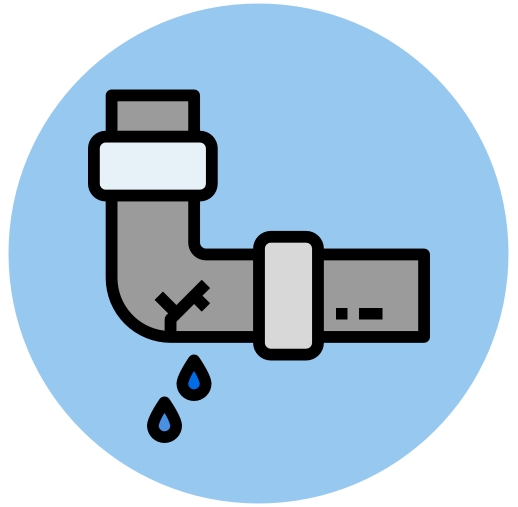
Living Conditions & Repairs
Are you a renter in Virginia who has problems with your home?
Do you have mold, pests, broken appliances, or utility issues?
Find out your rights to get your home repaired by your landlord.
